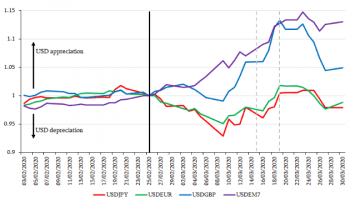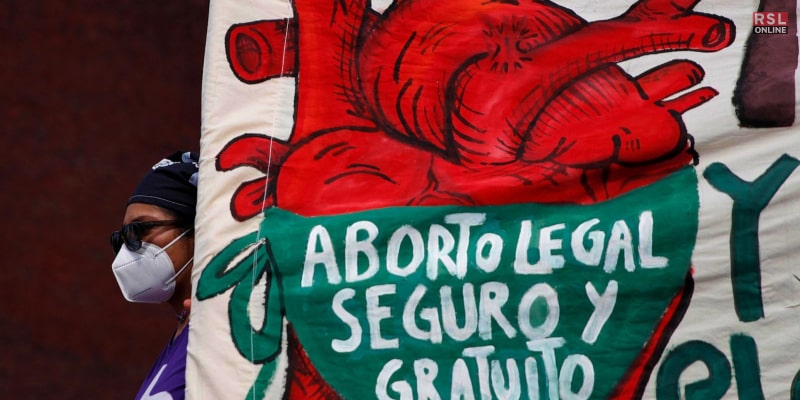In a groundbreaking ruling, the Mexican Supreme Court has taken a significant step towards widening access to abortion by invalidating all federal criminal penalties related to it. However, this decision has left a complex web of state-level restrictions in place.
The high court’s decision, delivered on a Wednesday, mandates the removal of abortion from the federal penal code. Moreover, it obliges federal public health services and all federal health institutions to provide abortion services to anyone who requests them. This monumental move promises access to millions of Mexicans, especially those employed in the formal economy, as they are covered by the social security service and other federal institutions.
The Information Group for Chosen Reproduction, known as GIRE, lauded this ruling, stating that “no woman or pregnant person, nor any health worker, will be able to be punished for abortion.” It’s important to note that while abortions are rarely prosecuted as crimes, many doctors hesitate to provide them, citing the existing laws.
This ruling doesn’t affect the laws in approximately 20 Mexican states that still criminalize abortion. Nonetheless, abortion rights advocates are expected to appeal to state judges, hoping to extend the decision’s logic to these states.
Social media erupted in celebration of the ruling. Mexico’s National Institute for Women declared it a “day of victory and justice for Mexican women,” hailing it as a significant step towards gender equality. Senator Olga Sánchez Cordero, a former Supreme Court justice, praised the decision and urged Mexico’s Congress to pass legislation in response.
However, opposition to the ruling emerged from religious quarters. Irma Barrientos, director of the Civil Association for the Rights of the Conceived, vowed to continue the fight against expanded abortion access.
The Supreme Court justified its decision by stating that the criminalization of abortion in Mexican federal law violated the human rights of women and those with the ability to gestate. This ruling comes two years after the court’s decision that abortion was not a crime in one northern state, initiating a slow process of decriminalization across various states.
Although the ruling doesn’t grant immediate access to all Mexican women, it theoretically obligates federal agencies to provide care to patients, potentially eliminating one of the excuses used by care providers in states where abortion is no longer a crime.
Despite this progress, feminist organizations remain concerned that women, particularly in conservative areas, may still face barriers to abortion. It’s a crucial step, but its practical impact is yet to be fully realized.
This development aligns with a broader “green wave” in Latin America, where countries have been lifting abortion restrictions, in stark contrast to increasing restrictions in parts of the United States. Mexico City led the way 16 years ago, and since then, Argentina and Colombia have also legalized abortion.
While the U.S. faces a divided landscape regarding abortion rights, Mexico’s decision sets a significant precedent. However, the true impact of this ruling will unfold over time, as it becomes clearer how it will be implemented across the country.
Learn More About:




























